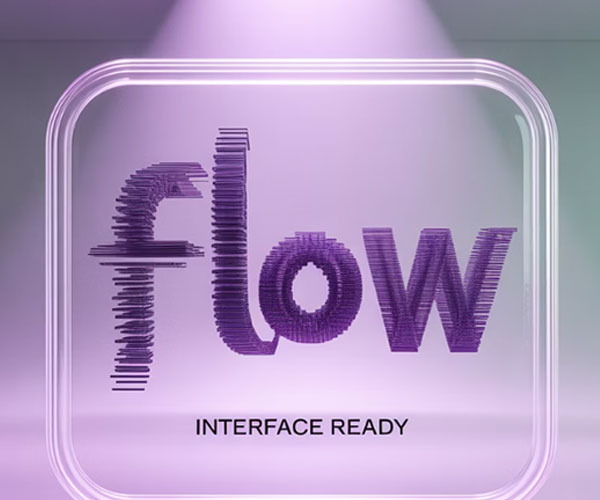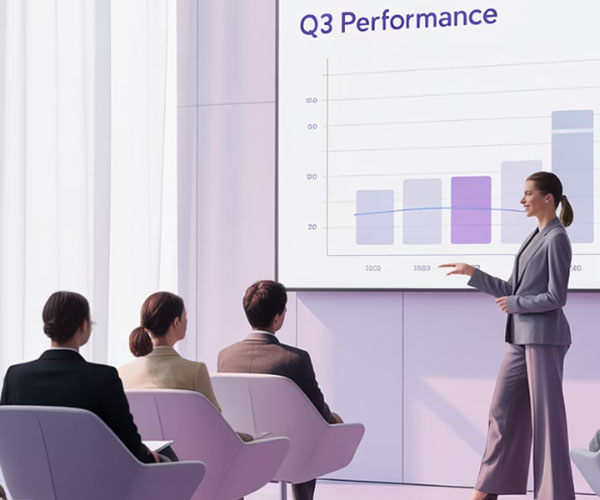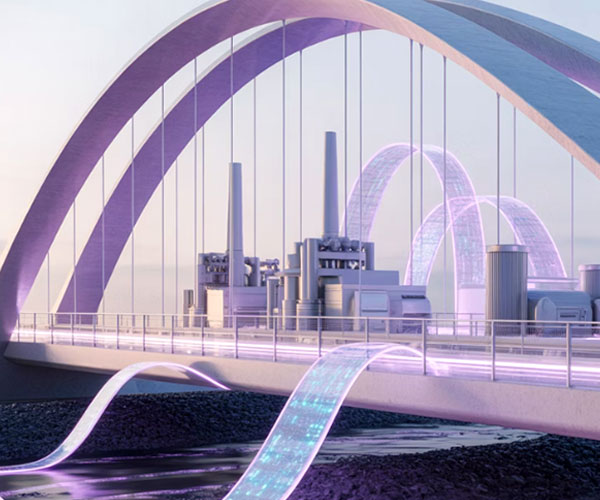Hackathon Overview
Dual-Phase Hybrid Hackathon: From Competition to Collaboration
Innovative hybrid hackathon that brings together students, professionals, data scientists, and geoscientists to tackle AI-driven challenges in subsurface data analysis.
This unique two-phase approach transforms traditional competition into collaborative innovation.

Awards & Recognition
Winners and outstanding participants will be rewarded with:
- Exclusive internship opportunities with SLB (for eligible students)
- Special access to the Dataiku platform to continue your innovation journey
- Exciting gift hampers as a token of appreciation
- Certificates of recognition for all participants
- And most importantly, the chance to gain visibility and network with industry experts and peers
Benefits of Our Collaborative Model

Cross-Learning Ecosystem
Students learn from professionals while geoscientists gain insights from data scientists, creating a rich knowledge exchange environment.
Diversity of Thought
Mixed teams generate fresh, out-of-the-box solutions that single-discipline approaches might miss.
Career Advancement
Build valuable connections across academia and industry while showcasing your skills to potential employers and collaborators.
Phase 1: Virtual Screening (2 Weeks)

Objective: Assess Technical Skills & Creativity
All participating teams receive identical subsurface datasets. Each team independently designs and implements their unique workflows, models, or analyses to extract meaningful insights from the data.
- Accuracy of Results
Precision and reliability of predictions and analyses.
- Creativity & Novelty
Innovation in analytical methods and problem-solving approaches.
- Clarity & Documentation
Understandability of explanation and quality of supporting documentation.
Objective: Assess Technical Skills & Creativity
Code Submission
A Jupyter notebook or equivalent code demonstrating the analysis.
Summary Report
A concise summary detailing the approach and key findings.
Phase 2: Collaborative Finals (8 Hours)
Objective: Foster Cross-Disciplinary Innovation
Fresh Challenge Unveiling
New teams tackle a previously undisclosed subsurface problem that requires both domain expertise and technical skill to solve effectively.
Team Shuffling for Diversity
- Finalists reorganized into balanced mixed teams.
- Students paired with industry professionals.
- Geoscientists integrated with data scientists.
- Participants from different organizations combined.
Onsite Activities
- Team-building workshops before coding begins.
- Hackathon sprint with regular mentorship checkpoints.
- Structured networking breaks and peer-learning sessions.
Evaluation: Beyond Technical Excellence

Technical Outcome
Accuracy, novelty, and potential impact of the solution.

Collaboration & Learning
How effectively diverse team members leveraged each other's expertise.

Presentation
Clear articulation of solution approach and insights.

Real-World Relevance
Practical applicability to subsurface industry challenges.

Innovation
Fresh perspectives and cross-disciplinary approaches leading to novel solutions.
Subsurface Data Challenges
The subsurface industry generates massive volumes of technical content - from well logs and seismic reports to drilling performance records and geological assessments.
The Problem
Manual extraction of insights is incredibly time-consuming and error-prone, with valuable information often buried in lengthy technical documents.
Participants will tackle this challenge using AI, ML, and NLP techniques to extract, organize, and interpret meaningful insights from a curated collection of subsurface documents.

Hackathon Schedule
05 - 17 SEPTEMBER 2025
Launch & Registration
The event kicks off with the official launch, opening of the registration portal, and initial marketing efforts. Participants have 10 days to sign up.
17 SEPTEMBER 2025
Registration Deadline
Final day for teams to register for the hackathon. Ensure all team members are accounted for.
18 SEPTEMBER - 3 OCTOBER 2025
Phase 1: Virtual Challenge
Phase 1 officially begins with the release of the problem statement. Teams have 16 days to develop their initial solutions independently.
18 SEPTEMBER 2025
Dataiku Training
Dedicated training session on the Dataiku platform to ensure all participants are familiar with its functionalities for the hackathon.
3 OCTOBER 2025
Phase 1: Project Submission Deadline
All Phase 1 projects must be submitted by this date. This marks the end of the virtual challenge segment.
4 - 10 OCTOBER 2025
Phase 1: Evaluation
Judging panel evaluates all submitted projects based on defined criteria to identify top-performing teams for Phase 2.
11 OCTOBER 2025
Phase 1: Result Declaration
The results of Phase 1 are announced, and finalists advancing to the in-person finals are notified.
25 OCTOBER 2025
Phase 2: Launch
Teams are shuffled, and the new challenge is unveiled.
25 OCTOBER 2025
Result Declaration
Culmination of the hackathon with the announcement of winners.
For Further Details, Contact Us
Address
SPG Head Office – 1, Old CSD Building, KDMIPE Campus, Kaulagarh Road, Dehradun - 248195, Uttarakhand, India
Email : spgindia@rediffmail.com
Phone
Dr. Koushik Biswas (Joint Secretary, SPG) Contact No : + 91-9410391891
Mr. Nikhil Singh (Executive Member, SPG) Contact No : + 91–9410396591
Phone
Nabamita Bhattacharjee (Senior Account Manager) SLB
Contact No : +91-9819043837
Mail : NBhattacharjee@slb.com
Rajesh Kumar (RK) (Innovation Factori Manager) SLB
Contact No : +91-8657303144
Mail : RSingh17@slb.com , vsingh52@slb.com




